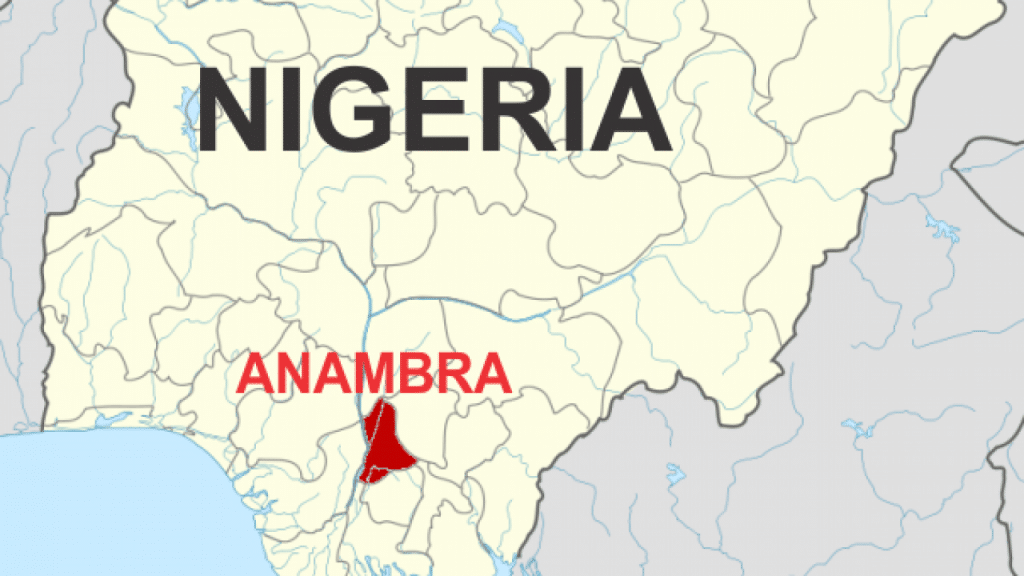By Dr. Ebuka Onyekwelu
On Tuesday, the Minister of the FCT, Nyesom Wike, engaged in an altercation with a Naval Officer, A.M Yerima, while Wike was trying to repossess a parcel of land for the State, in the FCT. The heated exchanges between Wike and Yerima had earned the young soldier admiration for his “courage to stand up to Wike.” Many Nigerians have been dissecting this incident not with a view to ascertaining who was in the right and who was in the wrong, but as an expression of approval to the officer’s resistance to Wike. The preoccupation of most social media commentators, who often do not concern themselves with due process, right or wrong, is that someone stood up to Wike. Regretfully, most issues in Nigeria’s social spaces are simply adjudged by who was involved and how the commentators regard the person. Again, this altercation is therefore not about the specific issue in question, but an unmistakable aggressive dissonance in reaction to a certain perception of Wike as a bully. Under these circumstances, the conversation is quickly possessed by convoluted narration or trapped in a web of confusion.
But what really is the matter? A former Minister of Aviation, Osita Chidoka, and a few others have argued that Minister Wike was wrong because he would have simply allowed democracy to find expression through government institutions in recovering government lands. This argument is grounded in reason and standard procedure, except that in a democracy, A. M Yerima should listen to Minister Wike and channel all his objections through available government institutions. To begin, the first question is whether Wike has a real, legitimate business at the venue of the incident. Given that we have not been privy to all the details, one presupposes that Wike’s presence was a calculated effort to personally enforce the government’s repossession of the land because of the party involved. For argument’s sake, if Wike was not allowed to step into the premises, what would have been the fate of an “ordinary” civil servant undertaking their legitimate duty? If these are established to be facts, Wike ceases to be the subject of the case because he was only there on behalf of the state.
 What transpired between Wike and Yerima is a test case on Civil-Military relations, in which the military in a democracy remains under the control of the civilian government in place. Both the army that Yerima represents and the FCT that Wike represents are institutions of the Nigerian State. Wike and Yerima are agents of the Nigerian State. Once we remove the individuals involved, it becomes obvious why the military feels that it is superior to the FCT on a matter relating to the mandate of the FCT. Wike had gone to enforce the will of the State, and to that effect, Yerima’s use of mere military power to undermine the execution of the will of the State is a disservice to the Nigerian federation as a democratic state. This is a sad commentary because such attacks on State institutions can only continue to undermine the institutions. In this instance, our institutions will remain weak and remain a matter of how much one can get away with, if he has the means to redirect or counter any legitimate enforcement by the state. It is regrettable that some Nigerians remain far more endeared to military force and tend to subtly motivate the use or abuse of power to undermine the State.
What transpired between Wike and Yerima is a test case on Civil-Military relations, in which the military in a democracy remains under the control of the civilian government in place. Both the army that Yerima represents and the FCT that Wike represents are institutions of the Nigerian State. Wike and Yerima are agents of the Nigerian State. Once we remove the individuals involved, it becomes obvious why the military feels that it is superior to the FCT on a matter relating to the mandate of the FCT. Wike had gone to enforce the will of the State, and to that effect, Yerima’s use of mere military power to undermine the execution of the will of the State is a disservice to the Nigerian federation as a democratic state. This is a sad commentary because such attacks on State institutions can only continue to undermine the institutions. In this instance, our institutions will remain weak and remain a matter of how much one can get away with, if he has the means to redirect or counter any legitimate enforcement by the state. It is regrettable that some Nigerians remain far more endeared to military force and tend to subtly motivate the use or abuse of power to undermine the State.
The recent Anambra governorship election, in which armed military officers were extensively deployed to monitor the process, participate in the distribution of election materials, and were also present at the polling units, is a spectacle that dramatizes Nigeria’s militarized democracy. Some Nigerians have therefore continued to undercut the State through a particular liking for the use of raw force, unable to make a proper distinction between the State and government. No matter how anybody feels about Wike’s methods, Wike is serving a government with a lifespan and must leave at some point. But the force of military or, in this case, abuse of the State by the military, will continue to undermine and weaken the State, making it impossible to execute the will of the people, even after Wike, because it will continue to leave a trail of control by the force behind the barrel of the gun.
The expectation from the military is that under a democracy, soldiers must become civil and conduct themselves in a manner that demonstrates their allegiance to the State, which is supreme. This must be reflected not only in how they defer to the State, but also in how they treat the civilian population.






